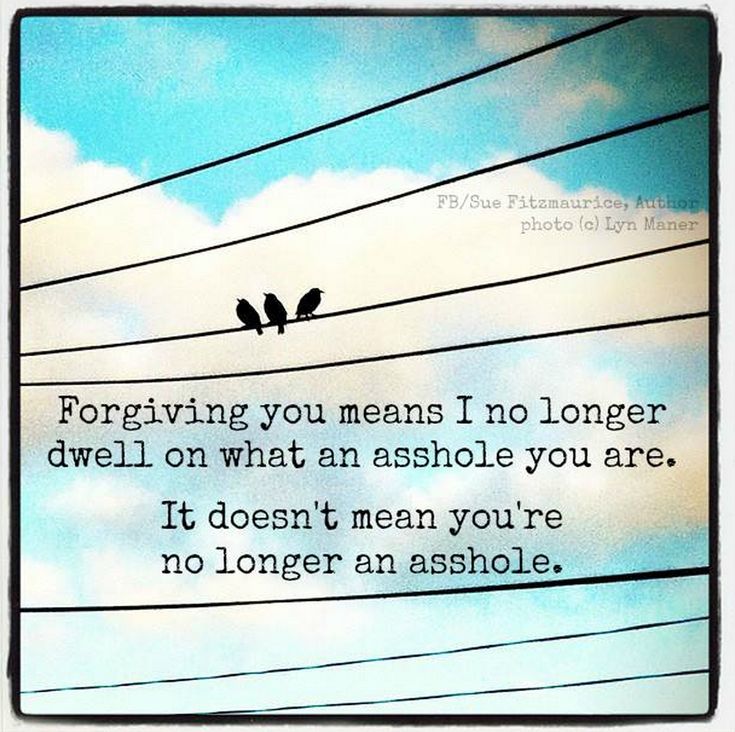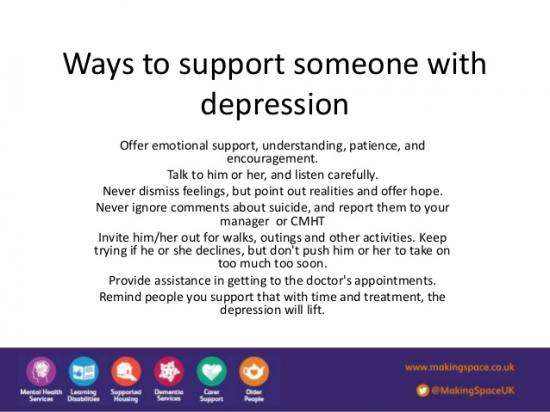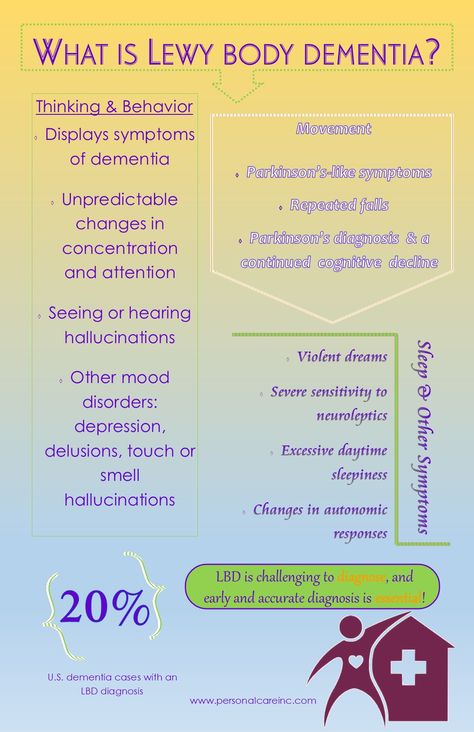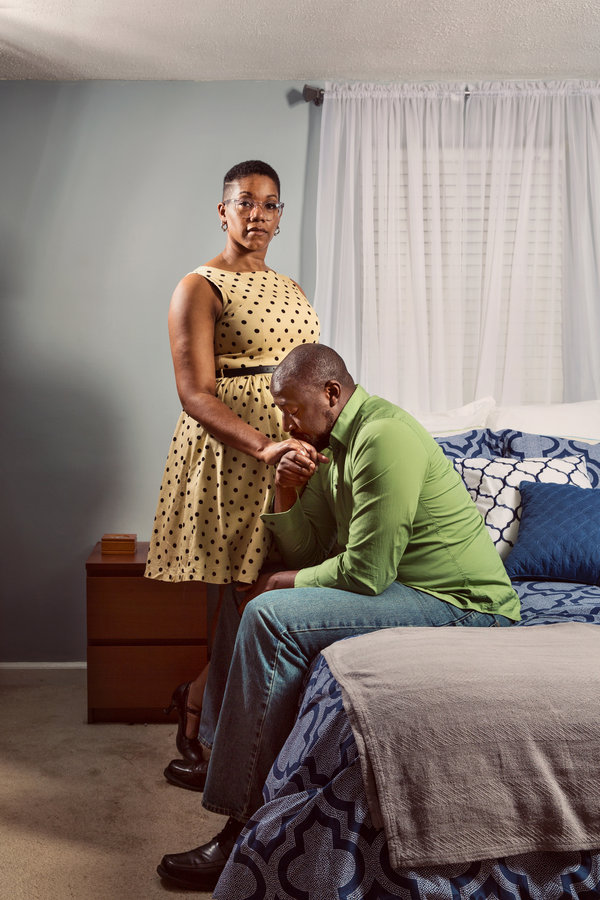This mean you
Your and You’re | What's the Difference and When to Use Them?
Your and you’re is a simple one, once you’ve got the hang of it. These two words are homophones, meaning they sound the same, but are spelled differently and have different meanings. Luckily for us, this one is nice and easy.
Definitions and Examples of Your and You’re
Your is possessive, meaning that something belongs to you or the person you are speaking to. For example, “What is your name?” Or, “Are these your car keys?”
You’re is a combination of the words, you and are. This is called a contraction. So, whenever you see the word you’re, you can read it as you are and it will still make sense.
The most simple way to tell these two apart is to use them in a sentence. For example: Your dog is lovely. This makes perfect sense, but you’re (you are) dog is lovely, does not work. You’re is the words you are put together. You can use this to your advantage when testing if you’re using the right one.
Some Further Examples
- You’re really smart.
- The best way to prepare for tomorrow is to make sure you do your best today.
- Live your dreams.
- Can you post the parcel when you’re in London?
Think you know how use Your and You’re? Take this Quick Quiz
This is a brilliant way to test your new skills and knowledge. Don’t worry if it’s tricky, use the information in the article so far to help you out.
- That is not your/you’re toy.
- Do you want to show me your/you’re work?
- I love what you have done to your/you’re house.

- Your/you’re dress is really beautiful.
- If you want to know how you did, check out the answers at the end of the article.
- Your/you’re an amazing person!
- Take a break or your/you’re going to tire yourself out.
Top Tip for understanding the difference between your and you’re
The easiest way to remember which word to use is to remember that you’re is a contraction of the words you are.
You’re = you are. Keep this in your mind if you get a little stuck.
Whereas, your = belonging to a person.
Summary…
Once you’ve got the hang of the fact that you’re means you are, you should be good to go with this one. Remember that often homophones are tricky to learn and can take some time. Keep at it and eventually all will become clear. Practise makes perfect, so make sure you continue the good work. Happy learning!
Practise makes perfect, so make sure you continue the good work. Happy learning!
Answers to the quiz
These are the answers to the quick quiz above. If you get stuck, have another quick read through the definitions and examples on the previous page and try again.
- That is not your toy.
- Do you want to show me your work?
- I love what you have done to your house.
- Your dress is really beautiful.
- You’re an amazing person!
- Take a break or you’re going to tire yourself out.
Enjoyed reading this? Take a look at our latest English grammar article, ‘Here or Hear: What’s the Difference?’…
The phrase "What Are You Up To?" explained
We’ve already met Gabby from Go Natural English. She’s now back to talk about that all important question – “What are you up to?”. When do you use this phrase, what is the meaning and how can you vary it?
When do you use this phrase, what is the meaning and how can you vary it?
Learn languages at your pace
Choose your plan
How to respond to the question “What are you up to?”
Your friends and people you know might ask you “What are you up to?” How do you respond to this question? You might be eating lunch, watching TV, or working. It’s a casual way saying hello and maybe starting a conversation with you. Let’s see how you can easily answer this question in a variety of situations.
What does “up to” mean?“Up to” is one of those pesky little phrasal verbs that you can’t translate literally. It just means doing something. So the question “What are you up to?” just means “What are you doing?”
Here’s a sample conversation between friends:
Jana: Hi, Rob, how are you?
Rob: Hey, Jana. Good, thanks, you?
Jana: I’m good. What are you up to?
Rob: Oh, I’m just making dinner.
Jana: Nice. What are you making?
So the question, “What are you up to?” can mean “What are you doing right now? Are you busy? Do you have time to talk?”
“What are you up to?” can be a way to ask “Are you busy?”Here’s another example:
Jana: Hi Rob, how are you?
Rob: Hey Jan. Good, thanks, you?
Jana: I’m good. What are you up to?
Rob: I’m just leaving for work. I’m sorry I can’t really talk right now.
Jana: It’s ok. I’ll catch you later. Bye.
It’s okay if you are busy and can’t talk. Just tell your friend that you can talk later. Are you doing something interesting? Tell them! You can have a good conversation about it. Are you tired, and just don’t really want to chat right now? That’s okay, too.
Now we know how to use and respond to the question “What are you up to?” but what about how to respond to the question “What HAVE you BEEN up to?”
Ask “What have you been up to?” when talking to someone you don’t see every dayIf you are talking to a person you used to know, maybe a friend or a family member you haven’t seen in a long time, the question might change into the present perfect – “What have you been up to?” Now they are asking about things that have happened in your life since the last time you talked. You’ll probably answer a little differently.
You’ll probably answer a little differently.
Here’s a conversation between a brother and sister who haven’t seen each other in a year:
Mia: Paulo, it’s so good to see you! What have you been up to?
Paulo: Hi Mia! I’m fine, still working a lot. How about you? What have you been up to?
Mia: Oh, the kids are keeping me busy. Tomas is playing soccer this fall. Roberto got a new job and we moved to Chicago three months ago.
Paolo isn’t asking Mia what she is doing right now. He wants to know what’s been happening in her life in the year since they last saw each other. If you have sad news to share, it’s okay to answer the question that way.
Mia: Paolo, it’s so good to see you! What have you been up to?
Paolo: Hi Mia! Nothing much. Ricarda has been in the hospital. She hurt her back at work.
Mia: Oh, I’m sorry! I hope she’s doing better now.
Paolo: Yes, she’s getting better, thanks. So what have you been up to?
So what have you been up to?
Learn languages at your pace
Choose your plan
How to correctly pronounce “What are you up to?”Here’s something else to watch for – many times, in casual conversation, this phrase is said pretty fast. Instead of “What are you up to?” listen for “Whatcha up to?” or even “Whatchup to?”
English stresses the words “what” and “up,” and the word “you” is said very quickly with no stress. “You” can even become “cha”… and the word “are” disappears completely! Once you’ve heard it a few times, though, it’s easy to understand. Read about 7 tips for learning English (and other languages).
“What are you up to?” can be another way to say helloLots of times, people answer the question “What are you up to?” with “Not much,” or “Nothing.” Then they will ask their friend the same question, and it becomes another way to say hello between friends.
Harold: Hi John, what are you up to?
John: Oh, not much. What are you up to?
What are you up to?
Harold: Nothing much. If you’re not too busy, want to go get dinner?
John: Sure, that sounds great.
“What are you up to?” is a pretty easy question to answer, because the person who is asking is usually a friend or a family member. You can be honest with them! The question might be an invitation to have a conversation, and that’s what it’s all about!
Learn languages at your pace
Choose your plan
Will Smith quote: Being lonely doesn't mean you're weak. …
— Will Smith
Last updated October 13, 2022
Will Smith
76 American actor, producer and rapper 1968he is alone, just as if someone is in a crowd, this does not mean that he is not alone. "
- Epictetus the ancient Greek philosopher 50 - 138
"If you managed to deceive a person, this does not mean that he fool, it means that you were trusted more than you deserve it.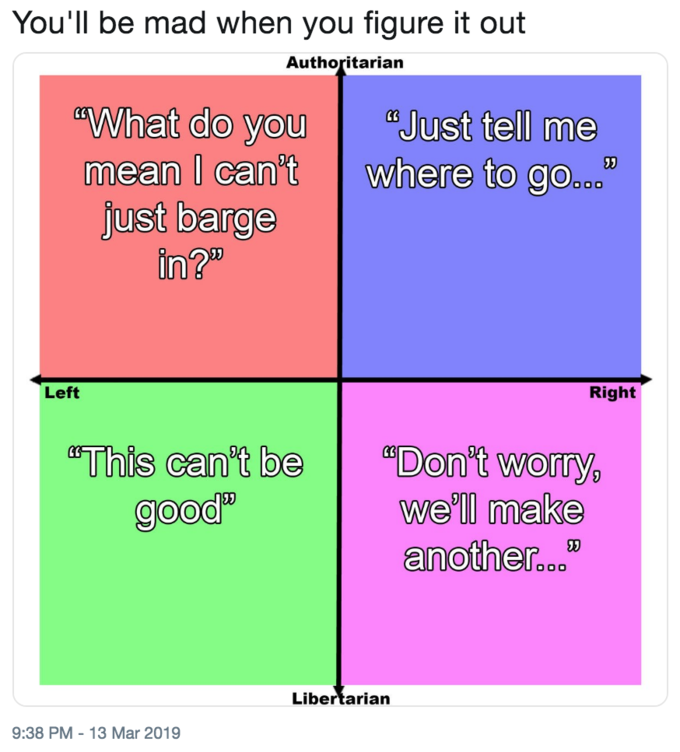 ”
”
- Charles Bukowski American writer 1920 - 1994
"Smiling doesn't always mean a person is happy, sometimes it means a person is strong."
- Zayn Malik British singer, model and composer 1993
be alone since childhood. It doesn't mean to be lonely. It means not to be bored with yourself.“
— Andrei Arsenievich Tarkovsky Soviet film director and screenwriter 1932 - 1986
Esquire Magazine
“To be an adult is to be alone.”
— Jean Rostand French biologist and writer 1894 - 1977
“Stupidity does not mean knowing little, and does not even mean not wanting to know more; foolishness is thinking you know enough.”
— Anita Daniel
“Being strong is like being a lady. If you have to talk about it, then you are not like that.”
— Margaret Thatcher British politician, Prime Minister of Great Britain (1979-1990) 1925 - 2013
Being a leader is like being a lady. If you remind people of who you are, then you are not that.
“To live means: to constantly cast aside that which wants to die; to live means: to be cruel and merciless to everything that becomes weak and old in us, and not only in us.”
— Friedrich Wilhelm Nietzsche German philosopher 1844 - 1900
“Problems and worries are part of your life: if you don’t share them, then you don’t let the person who loves you love you enough.”
— Dina Shore 1916 - 1994
„When you are praised, think carefully about whether you deserve praise; if you don't deserve, then you've been ridiculed."
- Philip Dormer Stanhope Chesterfield English statesman, diplomat and writer 1694 - 1773
, does not mean sparingly,
If quickly, does not mean spontaneously.“
— Mikhail Safarbekovich Gutseriev Russian businessman, philanthropist 1958
"A strong person is not the one who defeats the weak, but the one who helps the weak to become strong."
— Andrey Kudryashov 1991
that great love really awaits you. ”
”
— Emma Watson British film actress and fashion model 1990
“To know is to be disappointed. Not to know means to be happy.”
— Mikhail Safarbekovich Gutseriev Russian businessman, philanthropist 1958
"No matter how strong a woman is, she waits for a man stronger than herself ... and not so that he restricts her freedom, but so that he gives her the right to be weak."
- Angelina Jolie American actress, director and screenwriter, fashion model, UN Goodwill Ambassador 1975
“If a lady says no, it means maybe; if she says "maybe", it means "yes"; if she says “yes”, this is not a lady.”
— Voltaire French philosopher-educator of the 18th century, poet, prose writer, satirist, historian, publicist, human rights activist 1694 - 1778
"To be late is to make sure that you are expected, that you are irreplaceable."
- Marilyn Monroe American film actress, singer and sex symbol 1926 - 1962
"To be an actor is not to create something. It means to explain something."
It means to explain something."
- Paul Newman American actor, director, producer 1925 - 2008
"If you are a gifted person, it does not mean that you have received something. It means that you can give something.“
- Carl Gustav Jung Swiss psychologist 1875 - 1961
“Submission means thinking less of yourself, it means thinking less of yourself.”
— Clive Staples Lewis Irish writer and scientist 1898 - 1963
19 harsh truths that will teach you to win
Paul Jarvis
3 designer, creator of training courses for freelancers. Regular contributor to The Huffington Post, Forbes, The Next Web and other publications. Author of four bestselling books on creativity and productive work.
Like any other person on the planet, I have good periods in my life, and sometimes the whole world is against me. And while I hate self-help advice (in the form of quotes under Instagram photos*), I sometimes need to cheer myself up. In most cases, in order to get out of the swamp (and my brain has a penchant for science and mathematics), I need to detonate a logic bomb in front of my nose.
This is going to be a long article. If you find it in your inbox and you already think what the hell it is, then just delete it. If you are reading this post in a browser window and see how the scrollbar is moving slowly, because the end is still far away, close the tab and return to the collections of chips and tips.
Are you still here? Nothing, all unnecessary will be eliminated with the help of points 1, 4 and 8.
Greetings to the rest! It's time to move on!
This manual works when things go wrong in life. Someone writes nasty things in the comments? Read this post. Someone demanding a refund for a product you've been working on for five years and still nagging? Read the article. Did you get fired, did a client leave you? Read this post. The zombie apocalypse? Well then stock up on food and weapons. And then read this post.
1. People get offended all the time
We hold on to our beliefs. We love to talk about how broad our views are, while we ourselves find fault with other people over trifles. Creepy drivers (who pick up speed when the road widens to two lanes), seventeen-year-old yoga instructors (who talk about the meaning of life in the first 45 minutes of a one-hour session), Internet controversy writers (like me), people who swear or clutter up social media feeds…
Creepy drivers (who pick up speed when the road widens to two lanes), seventeen-year-old yoga instructors (who talk about the meaning of life in the first 45 minutes of a one-hour session), Internet controversy writers (like me), people who swear or clutter up social media feeds…
Take it for granted that whatever you do, someone may be unhappy with it. And will be.
This does not mean that you need to stop doing your own thing. Just don't be surprised when someone says they're offended.
2. If someone is offended by you, then he noticed you you your opinion. He found you, noticed and appreciated the product you made. Well, yes, he hates you. But you took his time because he takes minutes to talk about his hatred.
Even if you don't answer (and you shouldn't), you won. He doesn't want to know anything about you, but you're already on his radar. And then, if someone expresses dissatisfaction, this is the maximum that can happen. Life goes on, the Earth is still spinning, someone is offended, and you have become smarter.
Life goes on, the Earth is still spinning, someone is offended, and you have become smarter.
A more tragic scenario: someone complains about you in public. This is also not so scary, because people pay attention only to what concerns them personally. Therefore, public sensors and Twitter feeds will quickly forget about you.
We go crazy thinking we will be hated. Especially when we do something for people and put it on the Internet. Better understand that while a few people scold you, the rest silently download your work. Or even buy, which is even cooler.
3. When people don't notice you, it's bad. But that's the way things are
If no one hates you, then no one cares about you. If you need attention for confidence, a sense of self-worth, or, scary to imagine, to make money from it, understand that you will not receive it instantly. The people you pay attention to were once in your place. They worked hard to get others to listen to them.
And one more thing: if no one is looking at you, you are truly free.

Dance in your underwear. Write on the table for yourself. Swear like you just got back from a swear word sale. Find yourself. Not in the ways that grown-up hippies do, eating pasta and meditating in the ashram, but in ways that help separate the important things from the unimportant. Do something just because you feel like it. Lay the foundation for the confidence that will soon come.
4. People will judge you no matter what you do. Because they love to judge
Fear makes you worry about what others think. The question of whether people will condemn you is not even worth it, because they will definitely. People love to pretend to be judges, and sentences are frightening.
The real story: I just received an invitation to an event, read it and immediately decided that it sucks. I even said out loud, "Fucking hippies!" I was invited to a party to dance, eat organic local products, drink rosé wine, take pictures with people who wear dreadlocks, are into body art and hug all the time. Should others skip the party just because I won't go? No. Is the party going to be terrible because I don't have a high opinion of the hippie scene? Yes, they didn't give a damn about me. They are going to drink their wine (maybe from cups they carved from wood while talking to the fairies), dance all night and party hard.
Should others skip the party just because I won't go? No. Is the party going to be terrible because I don't have a high opinion of the hippie scene? Yes, they didn't give a damn about me. They are going to drink their wine (maybe from cups they carved from wood while talking to the fairies), dance all night and party hard.
So. You don't have to do like me. Do like those hippies. Not literally, of course (although who knows), but you understood me.
Look at things from this angle: if you do or don't do something, someone will judge you anyway. Even if you are afraid and do nothing at all, you will receive a portion of criticism. And if there is no difference, maybe it's worth doing something? Thus, even if you criticize yourself, at least you will sleep peacefully at night (tired of wine and dancing - in a figurative sense). And all the rest who are trying to condemn you, you can politely send the forest.
We care what others say. But it is dangerous to value someone else's opinion above your own.

As the importance decreases, the list should be:
- What is your opinion of yourself.
- Someone's opinion about you.
There must be a huge distance between the first and second points.
5. Fortunately, condemnation and respect are different things.
Condemnation and respect are not the same thing. People may think you're an asshole, but appreciate you. People can absolutely disagree with you, but recognize your merits.
And vice versa. You may be considered a decent and pleasant person, but not a bit of respect. On pleasant people, it is customary to wipe your feet. Gross, but what can you do. On the other hand, no one will wipe their feet on a person who commands respect.
6. If you respect yourself, others will start to respect you
In a world where everyone tries to offend and judge you, it's damn hard to respect yourself. But necessary.
Figure out what you respect yourself for first, and others will soon do the same. This is because people behave like sheep in a herd. They see someone acting in a certain way and start repeating. Like millions of lemmings and hamsters. Derek Sievers told a TED talk about how a guy started dancing and everyone followed suit (or maybe he just drank rosé). And if you respect yourself—loudly and proudly—there are chances that others will too. And if not, you will have a whole bag of self-respect, which is cool.
This is because people behave like sheep in a herd. They see someone acting in a certain way and start repeating. Like millions of lemmings and hamsters. Derek Sievers told a TED talk about how a guy started dancing and everyone followed suit (or maybe he just drank rosé). And if you respect yourself—loudly and proudly—there are chances that others will too. And if not, you will have a whole bag of self-respect, which is cool.
7. Self-respect and self-confidence are very, very different things.
Self-respect means knowing exactly what you are ready to do and what you are not ready to do. This is your honor and dignity. This is the line that you draw to understand your place in life and appreciate what you have done.
Self-respect does not give you privileges and additional rights. Slow down, dude!
Self-confidence is when you think you deserve something. You deserve only self-respect and adequate assessment of others. To achieve the rest, you need to work hard. And even then, not everything goes the way you want. The card just didn't fit.
And even then, not everything goes the way you want. The card just didn't fit.
Insolence is the fastest way to lose respect. The world doesn't revolve around you. You don't deserve anything you haven't earned. You need to start small and grow, invest in development. You can’t just go and become famous or earn money on what you love to do. The world works in a different way, and I'm happy about that.
Ashton Kutcher was right when he said: “The way to a good life is to work hard, be smart, considerate and generous. The only thing that can be below your dignity is not to work.
Self-respect does not mean that you deserve something or that you are better than others. This does not mean that you can afford not to take risks (as we all do) and not be interested in what your actions will lead to.
8. He who does not respect you, you do not need
So, you have loaded yourself with self-respect. And I realized that self-confidence is rubbish. And some people still don't want to respect you.
The best reaction to these people is this: as long as they don't bother you, don't give a damn about them. They won't support your work or help you get better. Get rid of them as quickly and quietly as possible. Otherwise, they will hang on you like a dead weight and prevent you from moving towards victory.
As long as they don't hurt, don't pay attention. People who do not respect you should not even be allowed to come close to your life. It's not your audience, it's not your pack, it's not your clients. They are not needed at all.
9. You only need those who respect and appreciate you
If you exclude trolls and assholes from life, there will be two categories of people in the world: those who know nothing about you and those who appreciate you. The first can be ignored until you need to win the attention of the audience. Then you have to tell them about your existence.
The second ones are your people. The most important to you on the planet. They don't just pay attention to you, they are interested. They should be treated like royalty. Work for them, be generous with them, and make sure they know how much you appreciate them.
They don't just pay attention to you, they are interested. They should be treated like royalty. Work for them, be generous with them, and make sure they know how much you appreciate them.
10. Even shy people, introverts and “not like everyone else” can be confident
I am a strange little nerd who is afraid of everything in the world, does not like crowds and loves being alone. I'm definitely not a typical extrovert.
I'm confident, not because I'm selfish (okay, a little because of that), but because I try, make mistakes, and learn. I've spent my whole life learning how to do a couple of things (and still working on it). You, too, can gain confidence in this way. For this you need to work and study.
You don't have to be loud to be sure. Sometimes the most confident person in the room can only say three things in an entire evening. But when he speaks, everyone else shuts up and listens.
You don't have to tell everyone how much you know to be sure. Confident people are aware of their knowledge, and they do not need to prove anything. They share experiences when appropriate or when asked. And they do it to help themselves.
Confident people are aware of their knowledge, and they do not need to prove anything. They share experiences when appropriate or when asked. And they do it to help themselves.
A confident person is not one who jumps around the stage, shouting platitudes and waving his arms. I'm betting $100,500 million that he just doesn't feel confident. A confident person can be quiet, reserved, and know when to slow down.
11. Don't worry like tomorrow is the end of the world
Stress and worries are your everyday reality.
If you spend your nerves on everything and everyone, you will soon be completely without them or, even worse, you will get into nervous debts. There will be no time left, you will waste it on trifles and insignificant people, circumstances will control your life and bury all undertakings in the ground.
If you pay attention to something unimportant too often, then this is a signal that something is not right with your life. You need to look for ideas and people who are worthy of your nerves.
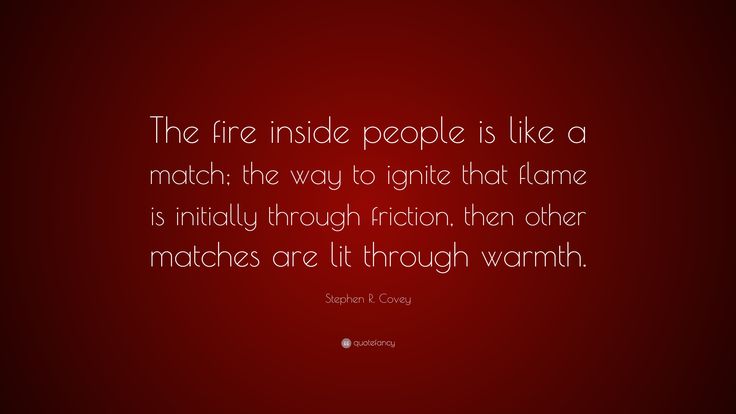
Don't waste yourself on little things you can't control and on people who don't deserve it. For example, trolls. And a long line at the cashier is not worth a single nerve cell. Better meditate.
If you can keep your emotions in check and stock up, you will have something to respond when you really need it. Take care of your nerves! Hold the negative until the moment when it really needs to be thrown out.
12. You can worry about important things
When something or someone really matters, you can spend a few nerve cells and strong expressions. Hand out emotions when required, otherwise they will be worthless and you will turn into a cynic. There is only a very small group of people and ideas for which I am willing to risk. And I am ready to spend my experiences on them, because I made a reserve, like a squirrel for the winter.
13. Calmness and apathy are not the same thing
Apathy is the indifference you feel towards unimportant things. Calmness is the ability not to attach importance to things that do not deserve it. This needs to be thought about, and this needs to be understood.
Calmness is a character trait similar to willpower. Apathy is the absence of feelings.
14. Greatness comes when you are okay with stupidity
Nobody knows what to do.
Experts, thought leaders who seem to have everything in the world - there are too many opinions to consider in order to decide what will lead to success and what will not. And the whole difference between successful people and unsuccessful people is that the first ones did god knows what and continued to do until one of them worked. And then they wrote a best-selling book about how they succeeded, like they knew what they were doing all along. And they got even tougher. Such a cycle.
Doing something new and unknown is always scary.
And no one can guarantee the result. You need to get up, pull yourself up and take a step. Sometimes it is possible to move forward. And sometimes the laces get tangled and you fall face down.
The most successful people are not afraid to look stupid when they try to do something. They think about what will happen, and not about other people's thoughts about themselves.
I even discovered (to my wife's dismay) that I enjoy making a fool of myself in front of an audience. I'll tell you a little-known fact: "losers" enjoy life more because they know when to worry and when to sneeze at other people's opinions, and have fun drinking their rosé wine and dancing with themselves at concerts (or, like me, in the aisles between the rows in the supermarket).
15. We are all strange, abnormal, different
And so are you. Take advantage of this. The only way to stand out is to be your weird, abnormal self. Otherwise, you will merge with the crowd.
Understand what makes you different, even if it's hard to do.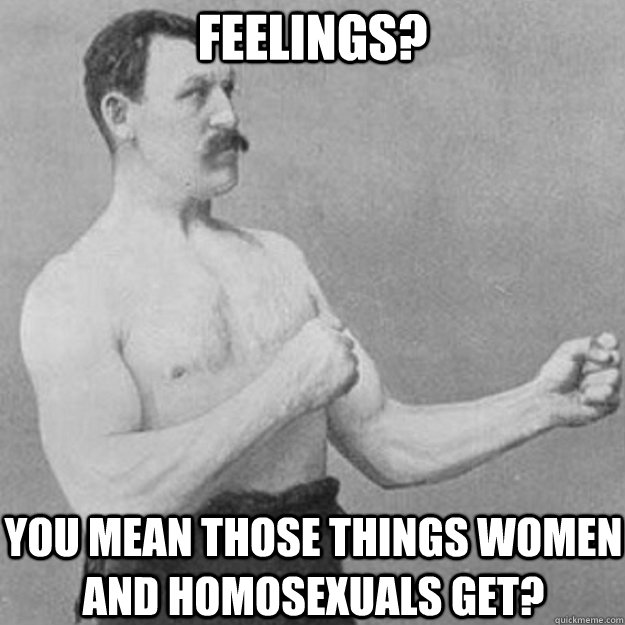 All the people you admire and look up to do just that. They have all accepted their characteristics and use them as virtues.
All the people you admire and look up to do just that. They have all accepted their characteristics and use them as virtues.
No one has achieved fame and success just by being like everyone else.
And those who seem normal are just pretending. Or maybe you just don't know them well. Everyone has their cockroaches. We are all weirdos. That's why life is so interesting.
16. Give up the boundaries that other people have set
If they tell you: “Don't do this, it won't work,” understand that these words concern them, not you. People act with the best of intentions, but their advice is based on personal experience, their choices, and all sorts of bullshit.
Set your boundaries and only recognize them. Don't want to answer calls and emails from your boss after 11 p.m. and on Saturdays? Well, don't answer.
Boundaries are like self-respect. Most people would be happy if you stayed within the limits, because they made them up.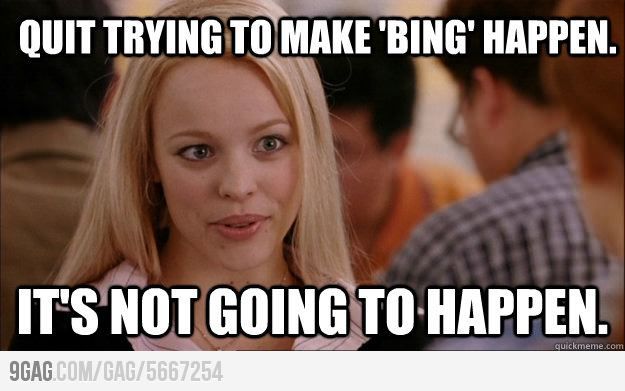 Let them know that you don't like this state of affairs. From this you will become not an asshole, but a strong personality and a respected person.
Let them know that you don't like this state of affairs. From this you will become not an asshole, but a strong personality and a respected person.
Never let anyone set limits. Because these will be other people's settings, not yours, and you will have to follow someone's lead.
17. Be honest with yourself. Know who you are and who you are not
When you gain self-respect and create your own boundaries, you learn a lot about yourself, so you can define who you are. But be honest about this. First with myself, then with others.
It's much easier to be honest if you're playing the part you want. Being honest is easier and ultimately more interesting.
18. You can be honest without being rude
Feel the difference between situations: clearly express your opinion about something or behave like a sheep. If you don't like someone or something, don't fight. Sometimes being honest means just shutting up and walking on by.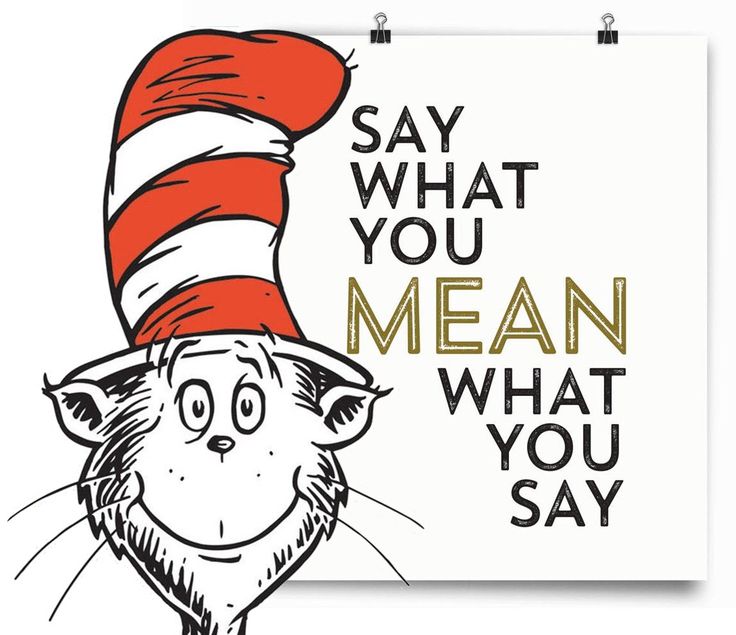 You don't always have to win to become a great person. Sometimes you need to make others feel like winners. Sometimes it's better to be a nice person than to be right.
You don't always have to win to become a great person. Sometimes you need to make others feel like winners. Sometimes it's better to be a nice person than to be right.
Honesty does not give you the right to speak with impunity, ending your speech with the words: “Yes, I just wanted to tell the truth!” No, you're just being rude. Do not do it this way.
Even other boors do not like boors. If you are rude, you will die alone, surrounded by 17 cats who will have no one to feed them.
To understand when you are being honest and when you are just being rude, first think and then speak. Otherwise, instead of words, you risk giving out a stream of abuse. If you notice such a flaw in yourself, take a five-second pause before starting a conversation. A pause works wonders.
19. The less you expect, the more successful you will be
The Bhagavad Gita, a mega-wise and old Hindu book, says: "We are worthy of work, not of its fruits.